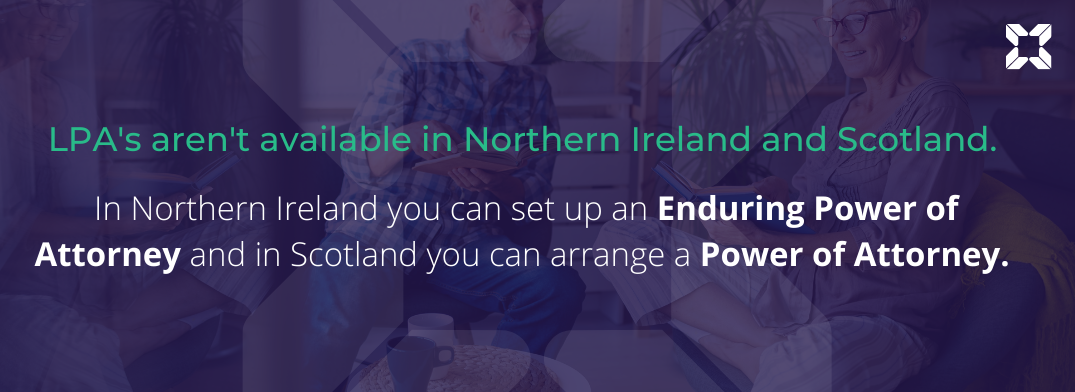
Pension & retirement

According to recent research carried out by Unbiased.co.uk, over 60% of UK adults don’t have a Will. Out of those 60%, a fifth of people don’t believe that they have enough assets to make it worthwhile.
The number of people without a Will is now at an all-time high and while it is hard to pinpoint an accurate reason for this, there are two common misconceptions.
Firstly, a lot of people think that they don’t have enough assets to make a Will and that family and friends will be able to decide amongst themselves as to who gets what in the event of a person dying. Secondly, people wrongly assume Wills are complicated, time consuming and expensive.
The best way to help ensure your property, possessions and savings go to the people and causes you care about after you die, is to arrange a properly drafted Will, as it will allow you to decide how your assets are distributed upon death. You can leave your entire estate to one or many people, or to a charity.

Making a Will is even more important if you have young children as it allows you the opportunity to make legal arrangements for the care of any children you have under the age of 18.
If you die without a Will in place, you will have no control over who will inherit your estate. Instead the Government will decide who inherits this through the rules of intestacy and this may include people you may not have considered benefiting from your estate.
The intestacy rules are outdated with modern family life. For example, if you live with your partner but are not married or are in a civil partnership, the intestacy rules will not recognise that person and they will not be entitled to benefit from your estate on death.
In addition to setting up a Will, it is also of equal importance to set up a Lasting Power of Attorney (LPA). An LPA is a legal document that grants another person authority to make decisions on your behalf if you are no longer able to make these decisions yourself.
Many people think that if they could no longer look after their own affairs, someone would automatically be able to step in and take control. But this isn’t the case, and sadly too many families don’t realise this until it’s too late.
This would mean that if you were unable to access your bank account, for example to pay utility bills or to purchase food, no one else could access this for you. Also, if you needed medical treatment and a decision had to be made about what treatment to undertake, no one would be able to make an informed decision for you. Your family would therefore need to apply to the court for a Deputyship order which can be expensive and time consuming.
There are two types of LPAs. A Health and Welfare LPA allows you to name people who you would like to make decisions about your health care, medical treatments and living arrangements and a Property and Affairs LPA allows you to name people to deal with money or property that you own within England or Wales. You can state the circumstances in which you would want the LPA to come into effect.

Setting up a Will and LPA are inexpensive in comparison to the consequences of not having them. It is important to use a reputable and qualified practitioner as a badly drafted Will can have unintended consequences that may lead to difficulties for your loved ones after you pass away.
At Fairstone we have a wide range of advisers across the country who are able to assist you in making or updating a Will, setting up a Lasting Power of Attorney agreement or answering any other questions you may have. Alternatively, sign up to our newsletter to stay up to date with our latest news and expert insights.
| Match me to an adviser | Subscribe to receive updates |
Wills and LPAs are not regulated by the FCA. The details relating to the laws of England & Wales are correct at the time of publication, and legislation may change. Fairstone Group Limited and associated companies are not legal advisers therefore specialist legal advice may be required before establishing Wills and LPAs under any jurisdiction applicable to place of residence.
For further information, please contact:
For further information, please contact: